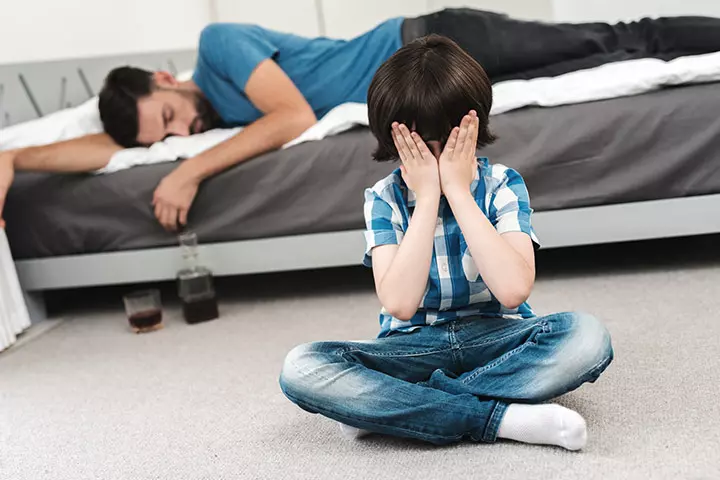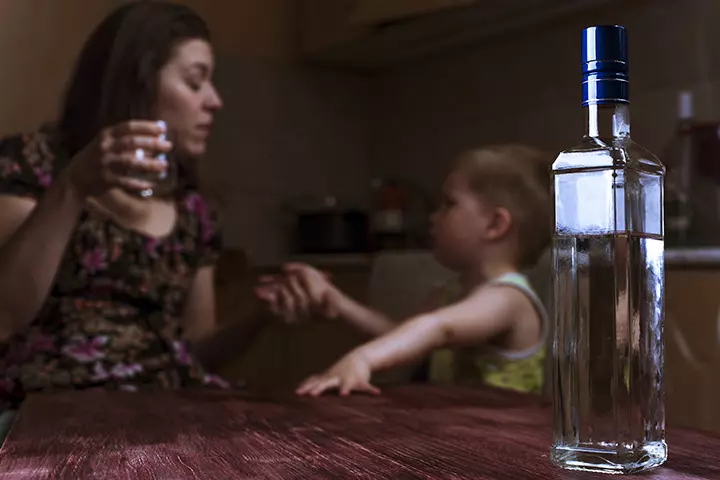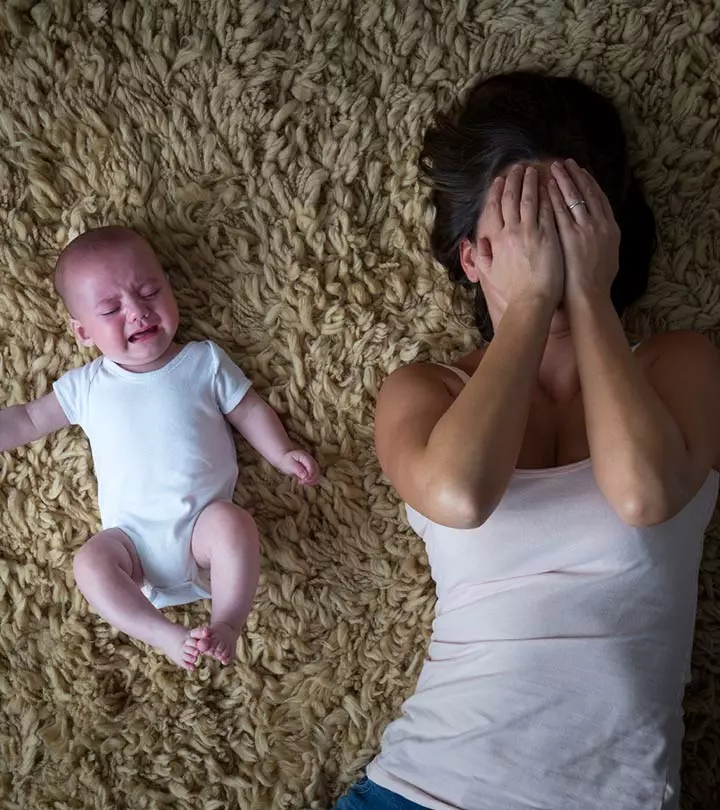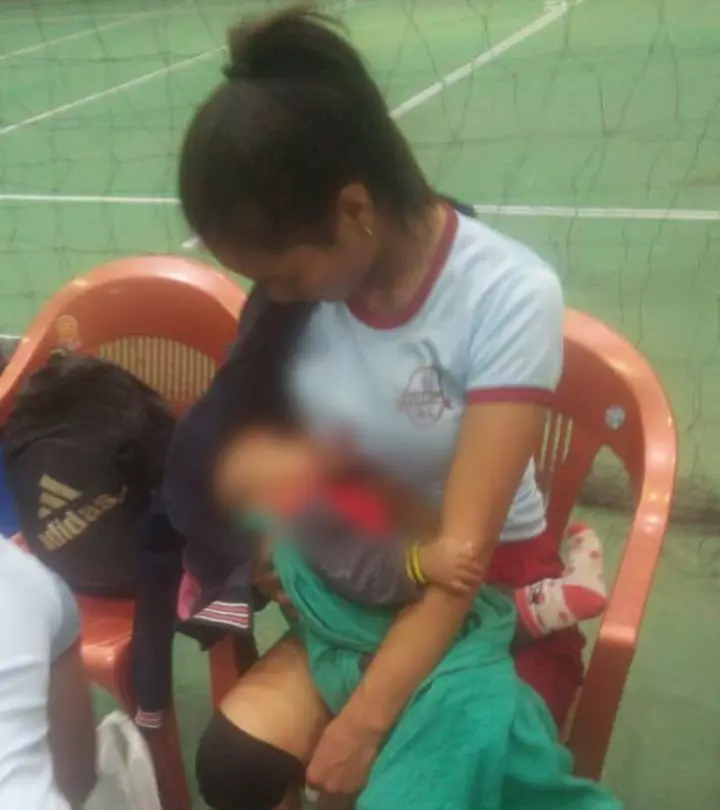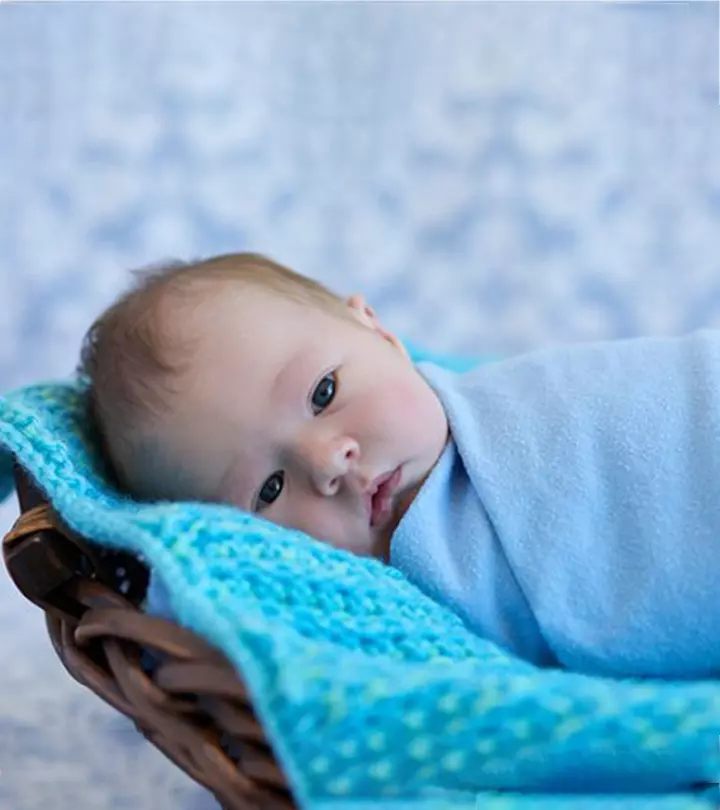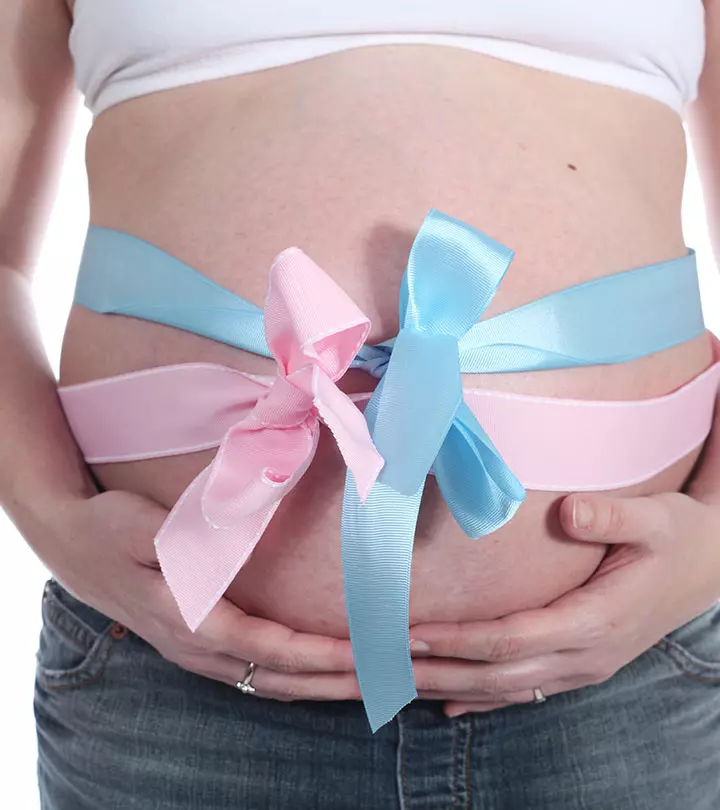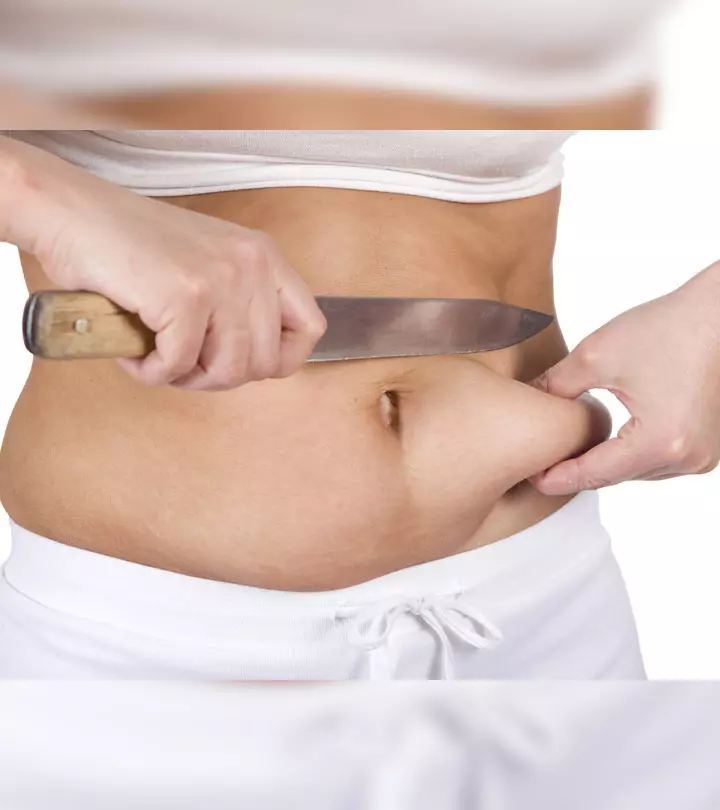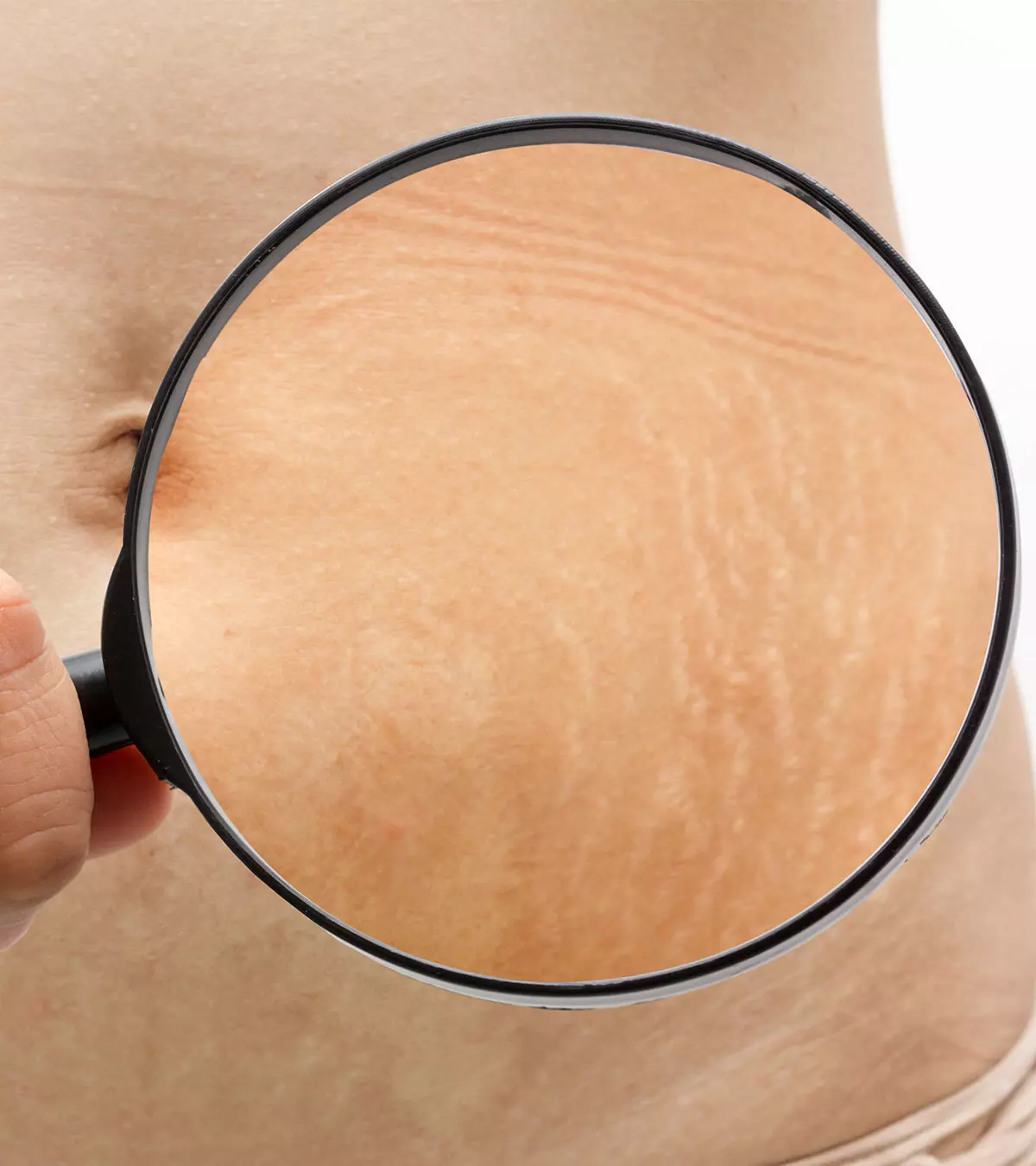

Image: Shutterstock
There are quite a few parents who see drinking as a great way to unwind and relax after a long, hard day at work. It’s understandable too, as drinking in moderation has been shown in some studies as having a positive effect on the reduction of stress (1).

However, the question we are posed with today is whether drinking in front of your kids is okay or not. Some parents, out of sheer habit, never quite stop to think about the visual and psychological impact that their drinking might be having on their very own children, and if a new report is to be believed, the effects can be incredibly negative.
The recent report, which has been conducted by the Institute of Alcohol Studies, UK, took into account the responses of 1000 parents and their children (2). Although parental alcoholism has been linked with a negative impact on children by prior studies, this report has focused more on the “casual” drinkers that exhibit their drinking around their children (3).
Out of the 1000 parents that were a part of the survey, 28.9% (nearly a third) admitted to being drunk in the presence of their child, while a total of 51% confessed that they had been light-headed or tipsy in front of their child.
Additionally, 28.6% of those surveyed were of the opinion that drinking in front of their children wasn’t a big deal as long as it wasn’t repeated very often.
A lot of the parents also made the mistake of assuming that their children didn’t take notice of their drinking. This was proven wrong when the children were asked similar questions about their parents, and in almost all cases, the children were able to remember and describe their parents being drunk accurately.
The conclusions derived on the basis of the questionnaires have thrown up some startling facts about parental drinking correlating with an adverse impact on children. A list of some of the effects is as follows:
1. Stress Or Worrying
Image: Shutterstock
Children that saw their parents drunk or tipsy reported that they got worried or stressed due to their parents’ inebriated state. Children of parents who didn’t drink did not report being worried about their parents in any similar capacity.
2. Embarrassment
After witnessing their parents being drunk or tipsy, a significant number of the children surveyed reported feeling embarrassed as a result of their parents’ actions.
3. Negative Role Model
Image: Shutterstock
Children that had been in the presence of drunk or tipsy parents reported that a direct consequence of the drinking was that it had made the parents a “negative role model” of alcohol consumption for the children.
4. Arguments
Quite a few children of drinkers reported that their parents were more argumentative when they were drunk or tipsy, which lead to unpleasant experiences and memories.
5. Parental Responsibilities
Image: Shutterstock
A significant number of the children surveyed reported that their drinking parents did poorly regarding parental responsibilities such as paying attention, putting them to bed, taking them to school, helping them with homework, attending family meals, etc.
All of these findings by the report should sound alarm bells for parents who drink in front of their children, even in small or moderate amounts, as the survey was specifically focused on people who weren’t alcoholics, to begin with.
The report also mentions that the effects that parental drinking has on children were found to be “lasting,” even with very limited exposure. It can thus be concluded that drinking in front of children, even sporadically, should be avoided by the parents at all costs.
Setting a good example for a growing child is an incredibly important parental responsibility, and even though these children don’t quite understand alcohol completely, they can certainly sense its ills.
So if you’re a parent who drinks in front of your children, the report’s findings should compel you to stop. You don’t have to give up drinking altogether, just avoid exposing your child to the act as well as the after effects of it.
A little bit of care can certainly go a long way!
Community Experiences
Join the conversation and become a part of our nurturing community! Share your stories, experiences, and insights to connect with fellow parents.

